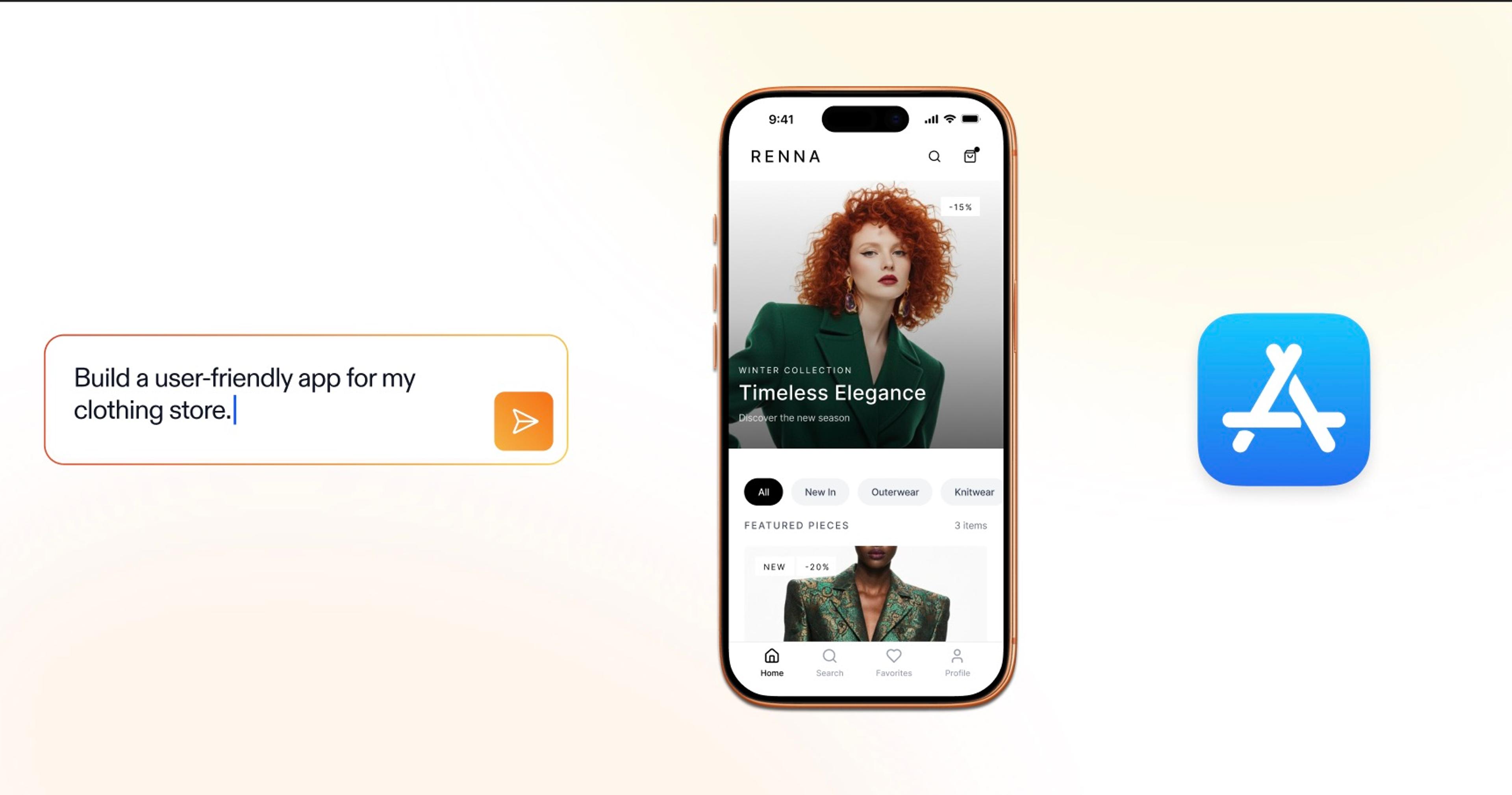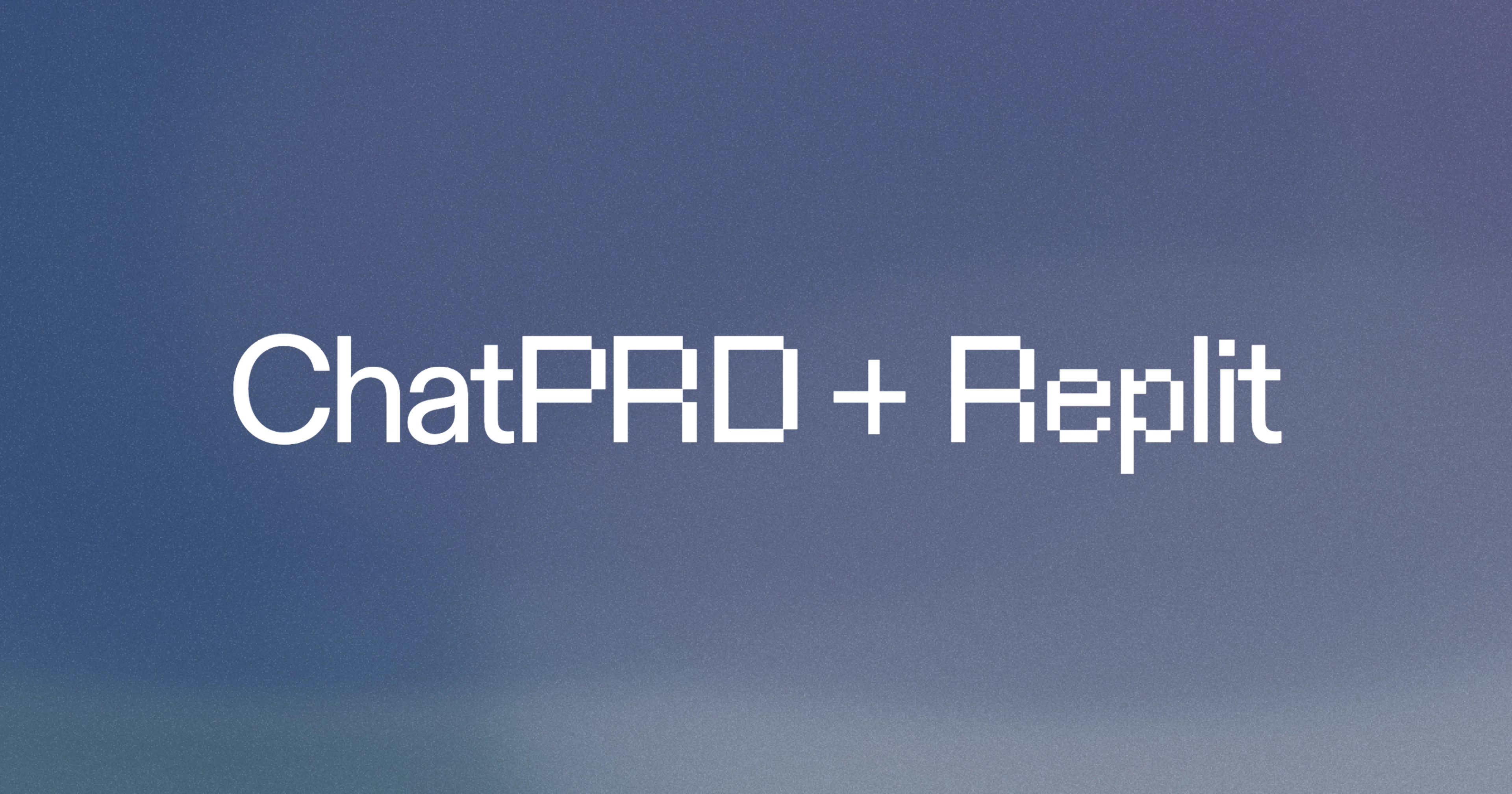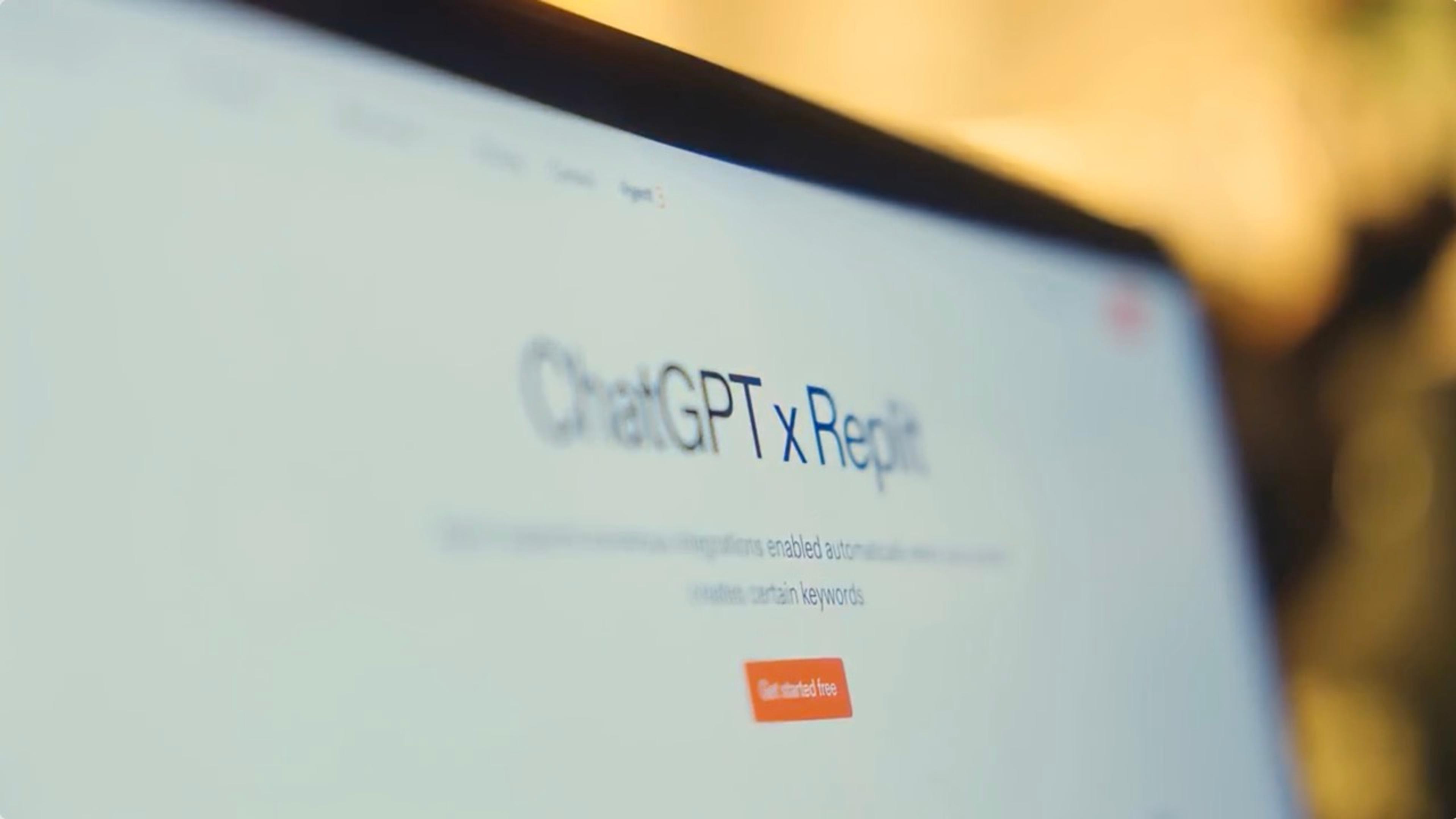At Repl.it our goal is to provide state of the art in developer tools to everyone in the world, for free. When we started moving our product beyond a simple REPL and started adding IDE features, we had to invent standards and wrappers around every language tool for our frontend to consume. For every editor feature, say errors and warnings (linting), we had to extend our development protocol with a set of commands and data structures, and then teach our development containers how to wrap the given tool, say Pylint, and our frontend on how to consume it (say annotate the editor with errors and warnings). A similar thing has been happening with IDEs for the past few decades -- every editor had to come up with their in-house ad-hoc protocol, and every tool developer had to build adapters and wrappers for editors to consume.
However, this is about to change: a couple of years ago, Microsoft's VS Code team announced "A Common Protocol for Languages", a single all-encompassing protocol that provides general-purpose language tooling -- be it refactoring, code-completion, or errors and warnings -- all implemented once and then seamlessly plugged into any editor that understands this protocol — this was dubbed the "Language Server Protocol" (LSP).
In addition to LSP, VS Code also open-sourced the editor that powers VS Code: Monaco. Monaco is an editor built with web technologies, and since we started looking at LSP a few months ago, it only made sense for us to transition to Monaco first. Even before the introduction of LSP on Repl.it, Monaco allowed us to provide some cool language features (Smart Autocomplete, Go to Definition, Find References) for TypeScript and JavaScript because they're bundled with the editor. On top of that, the editor has a slick feel to it.
In this release, we're rolling out language servers for Python (2, 3 and Django), C, C++, and ReasonML. And soon we'll be adding support for more languages -- Java and Ruby are looking to be next in line.
Let's run through some of the features:
Autocomplete and signatures
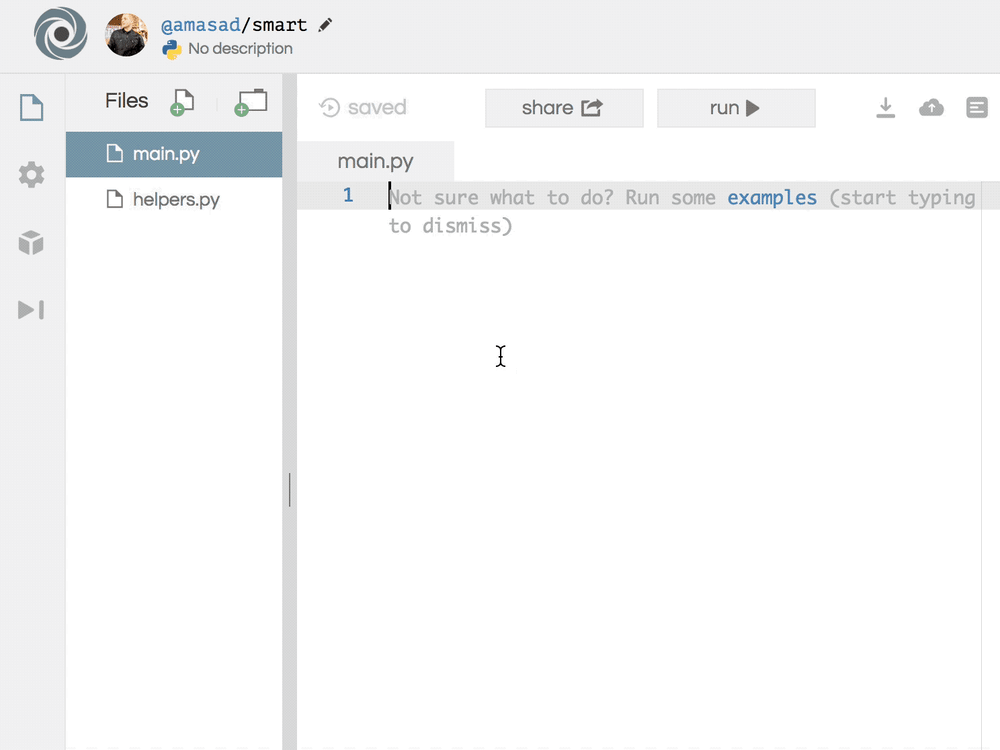
Jump to definition
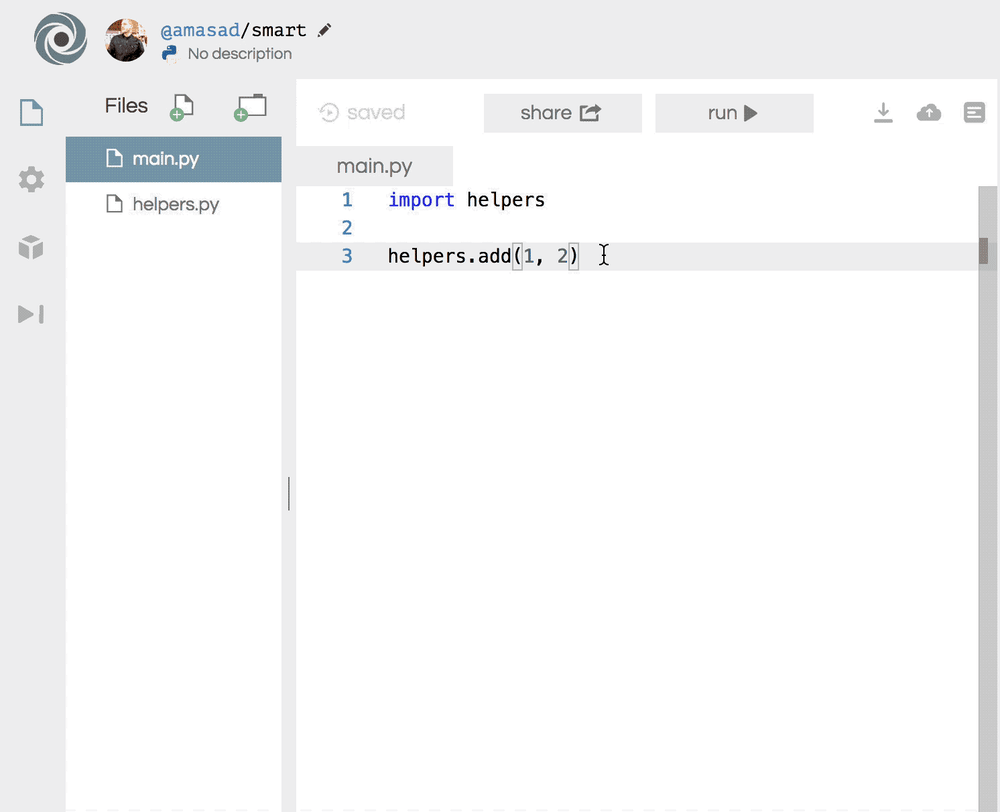
Find references
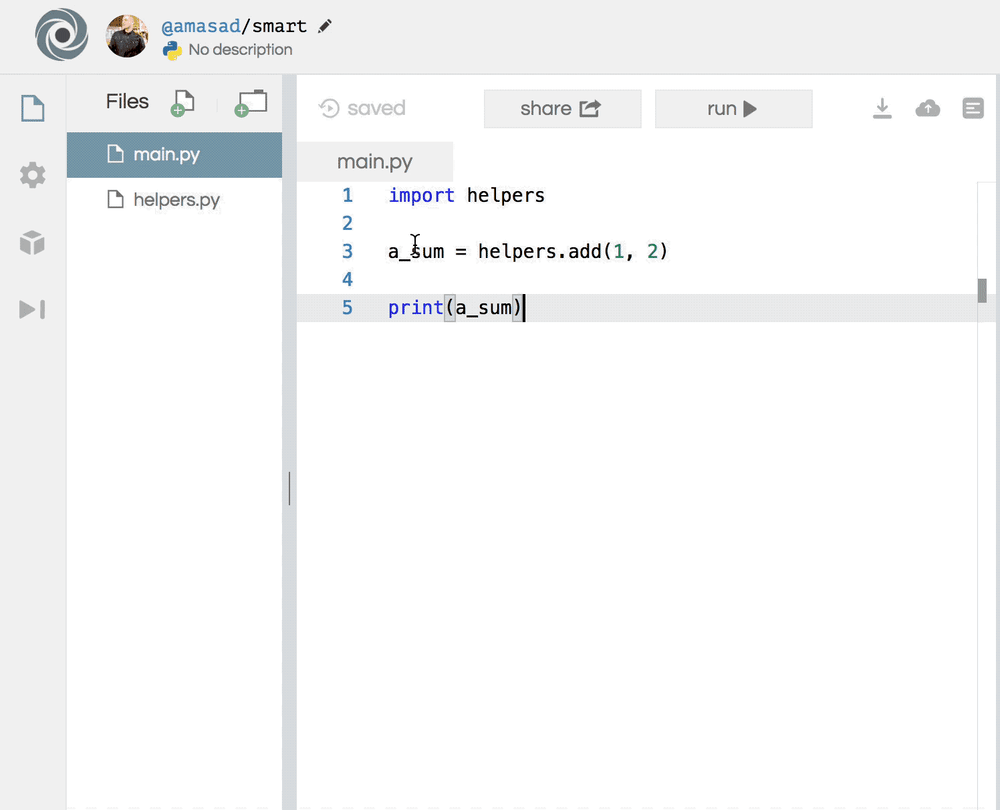
Refactor
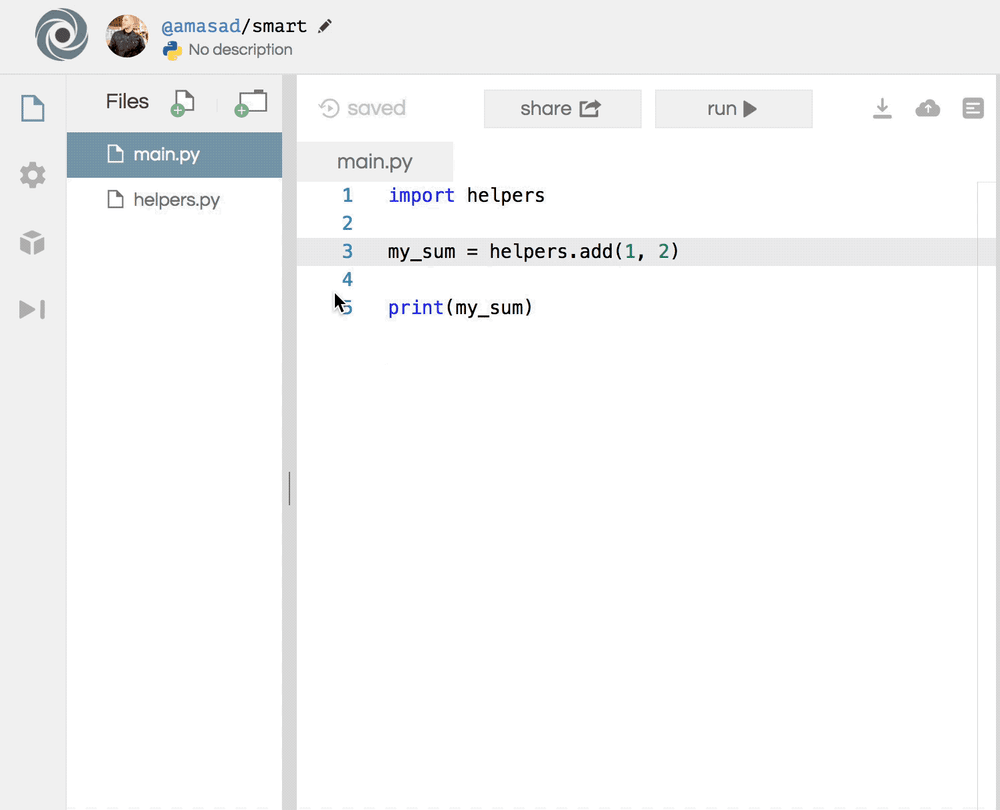
Linting
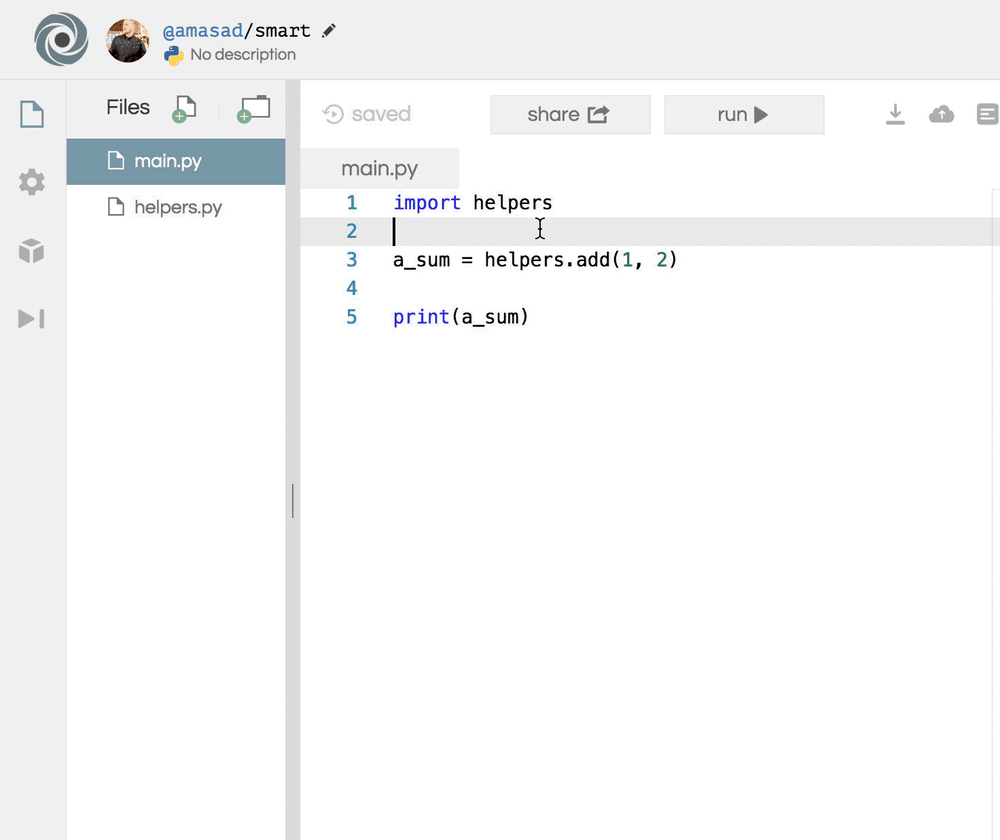
Hover
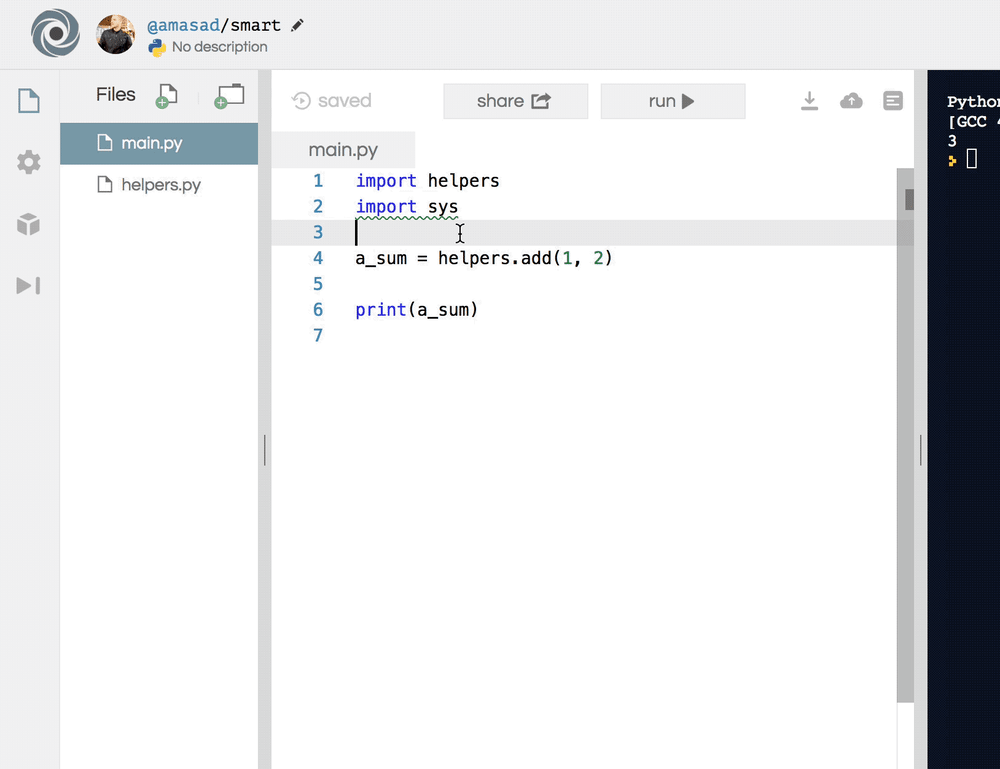
Formatting
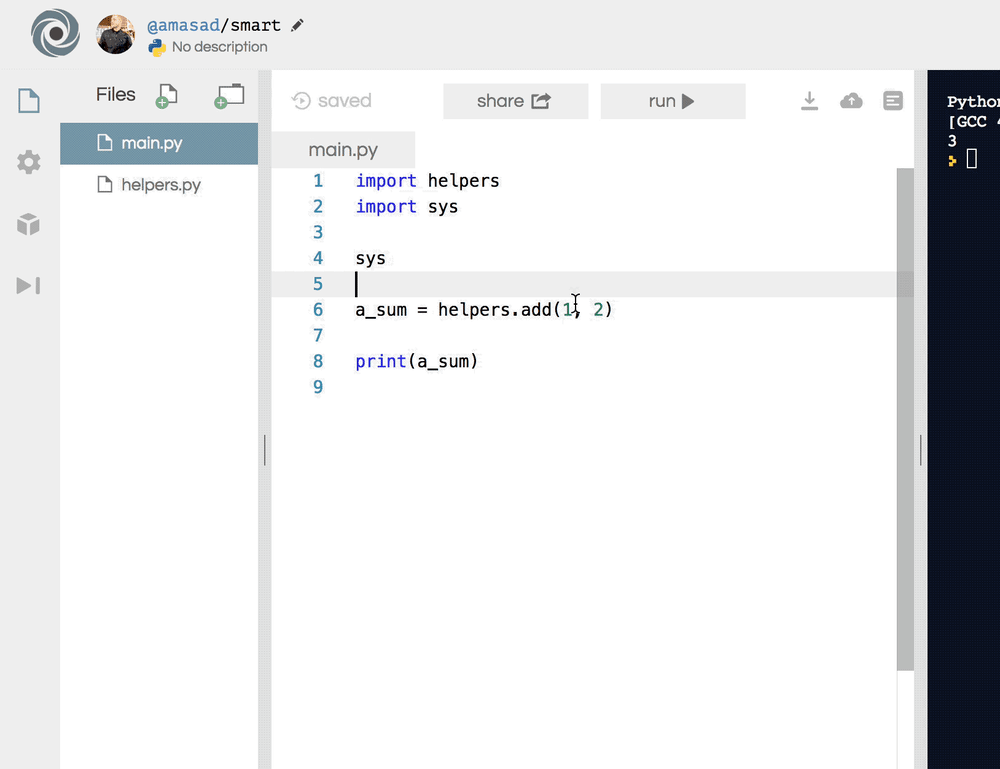
Conclusion
Give it a spin by going to the languages page and selecting one of the supported languages (Python, ReasonML, C, C++ for now).
This release gets us one step closer to our vision of building what we call "a holistic development service," a long-lived always-on service that understands your code in all its stages and that you can use anywhere and at anytime, regardless of your device, platform, location, or your programming language.
We've given ourselves the impossible task of building a top-notch ready-to-use development environment for every language under the sun. It remains to be seen whether we'll be successful at this, but what's clear is that we can't do it alone. So thank you to the VS Code team and the fantastic community building language servers for making our jobs easier.
Stay tuned for more language LSP support.


